Marine Growth Prevention Systems Anodes Manufacturer and Supplier
As a manufacturer and supplier of MGPS anodes, Wstitanium relies on its advanced technology, exquisite craftsmanship and strict quality control to manufacture MGPS anodes with excellent performance, reliability and durability, providing high-quality anti-biofouling solutions for the global marine industry.
- Dual Purpose Anodes
- MGPS Copper Anodes
- MGPS Ferrous Anodes
- MGPS Aluminum Anodes
- Box Cooler Anodes
- ICAF Copper Anodes
- MGPS Water Inlet Anodes
- MGPS Anti-fouling Anodes
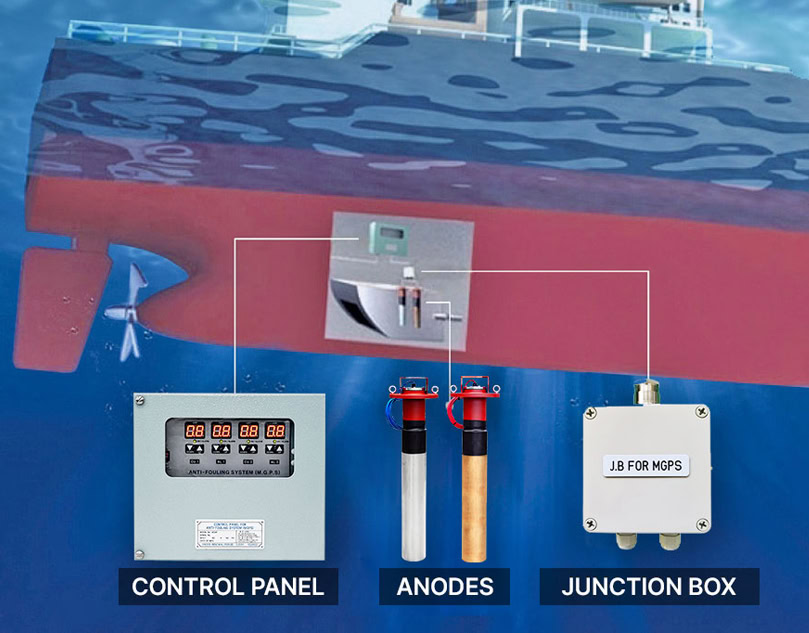
Trustworthy Marine Growth Prevention System Anodes Solution
As the marine industry is booming, ships, offshore platforms and other facilities are facing severe problems of marine biofouling. The attachment of marine organisms to the surface of facilities will not only increase navigation resistance and energy consumption, but may also cause equipment corrosion and damage, affecting the normal operation of the system. As a key component of the marine anti-biofouling system, MGPS anodes play an important role in inhibiting the attachment of marine organisms and protecting marine facilities.
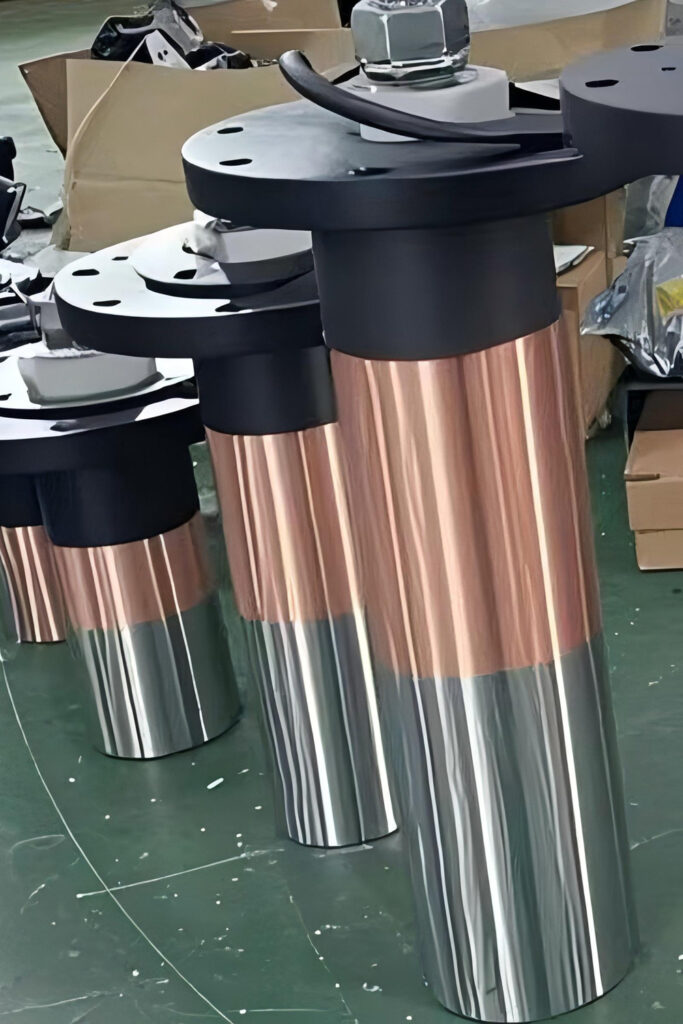
Dual Purpose Anodes
Provide an effective solution when only one anode can be installed in the filter. Combination of copper/aluminium or copper/ferrous in one component for antifouling and corrosion inhibition.
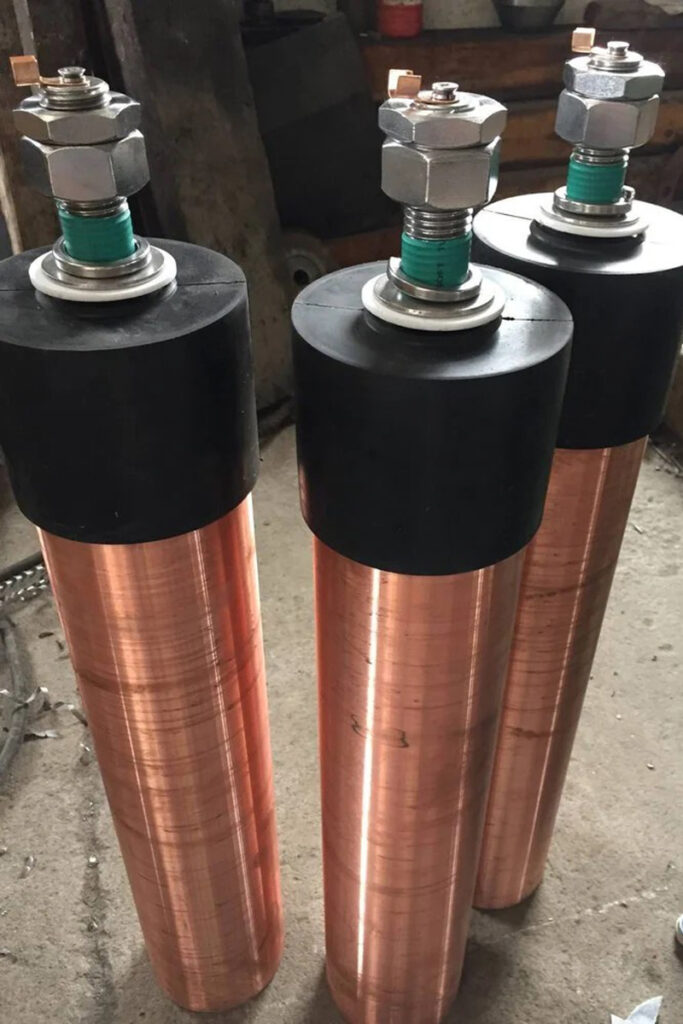
MGPS Copper Anodes
Copper ions prevent marine biofouling and protect steel pipes from biofouling. Standard sizes range from 60mm to 120mm in diameter and 100mm to over 1000mm in length.
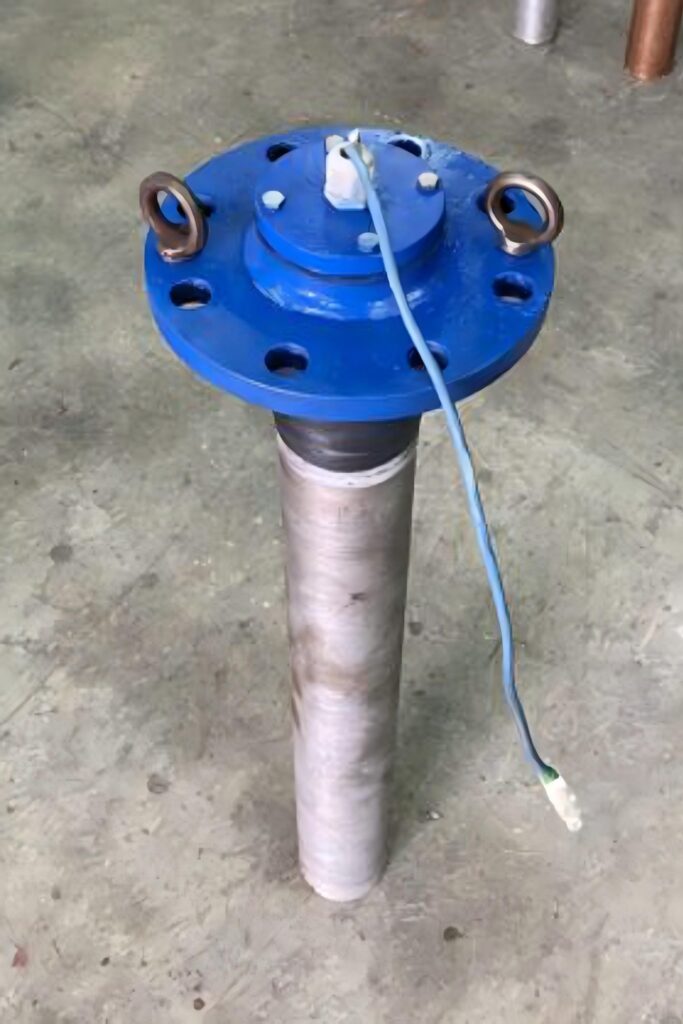
MGPS Ferrous Anodes
Protect copper-nickel pipes commonly found on naval vessels. Ferrous ions help maintain a protective oxide layer on the inside surface of the pipe to inhibit corrosion.
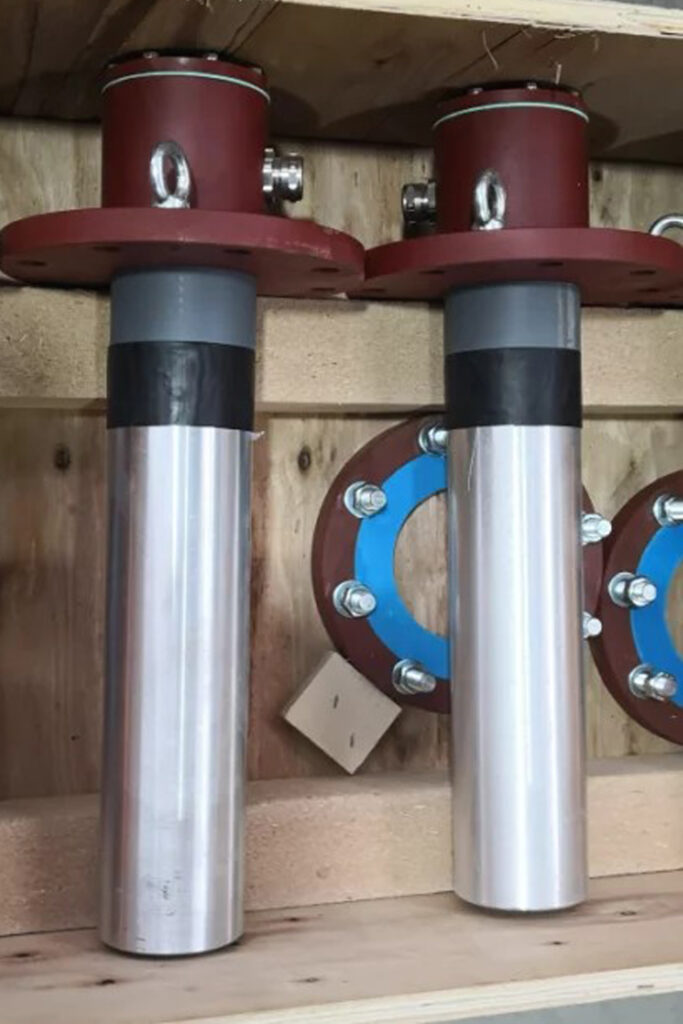
Aluminum Anodes
Protect steel pipes and assist the antifouling process by producing aluminium hydroxide. Aluminium film forms an anti-corrosion layer on the inside surface of the pipe.
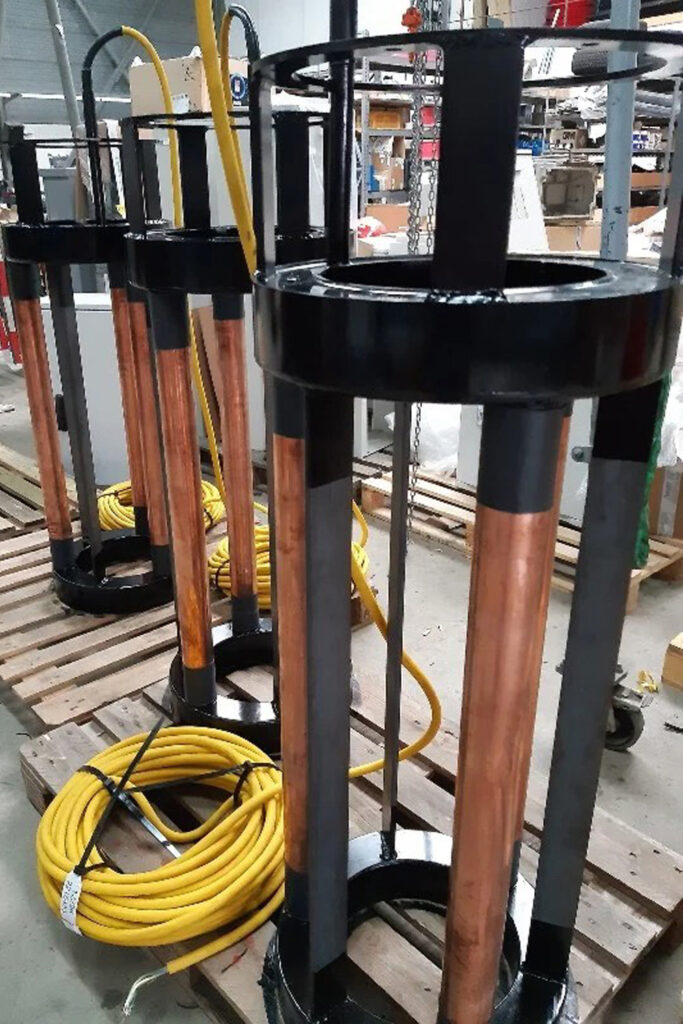
Box Cooler Anodes
Release current or active metal ions (such as copper and aluminum) to form a protective layer on the surface of the cooler to prevent electrochemical corrosion and inhibit the attachment of algae, shellfish and other organisms.
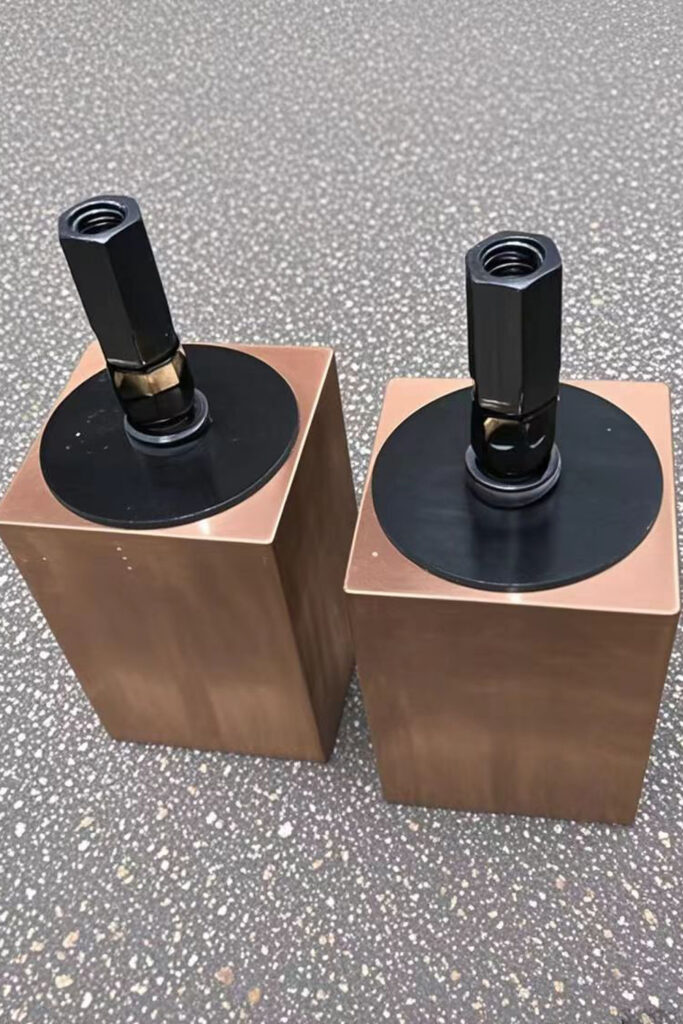
ICAF Copper Anodes
Apply current to the ICAF copper anode to release copper ions into the seawater. Copper ions are biotoxic and can inhibit the attachment and growth of microorganisms such as algae, barnacles and shellfish.
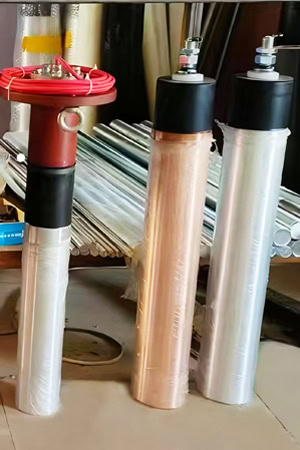
Water Inlet Anodes
Release copper ions or other active substances to prevent marine organisms (such as barnacles and algae) from attaching to the surface of pipes or equipment. Cooperate with the cathodic protection system to reduce the corrosion potential of the metal surface.
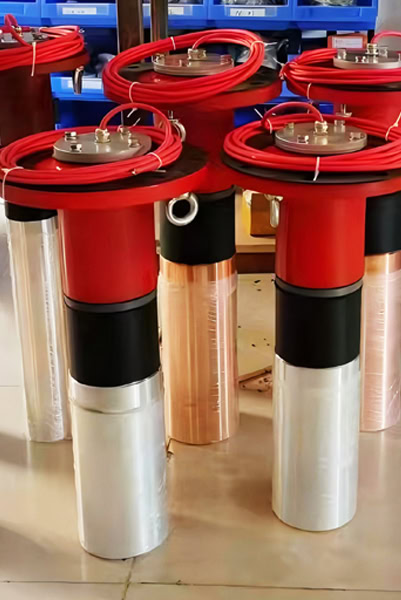
Anti-fouling Anodes
Use the principle of electrolysis to produce antifouling substances (such as hypochlorous acid and copper ions) to directly kill or drive away marine organisms and prevent them from attaching to the surface of ships, offshore platforms, pipelines, etc.
What is MGPS Anode
MGPS anode (Marine Growth Prevention System Anode) is a key device used in the field of marine engineering and shipbuilding to prevent marine organisms from attaching and pipeline corrosion. Its core function is to release specific metal ions through electrolysis to form a protective film on the surface of the equipment, thereby inhibiting the attachment of marine organisms (such as algae, shellfish, barnacles, etc.) and reducing the risk of corrosion of metal structures.
- Electrolysis
Anode materials (such as copper and aluminum) undergo oxidation reactions after being energized in seawater, releasing metal ions (such as Cu²⁺, Al³⁺). For example, copper anodes release copper ions, and aluminum anodes release aluminum ions.
- Forming an anti-corrosion film
Aluminum ions combine with hydroxide in seawater to form aluminum hydroxide (Al (OH)₃), forming a dense protective film that isolates the metal surface from the corrosive environment and slows down electrochemical corrosion.
- Inhibit biological attachment
Copper ions are toxic to marine organisms and can destroy their cell structure or metabolic process, preventing them from attaching to the surface of equipment.
- Synergy
Some systems use copper-aluminum composite anodes, where copper ions are responsible for anti-fouling and aluminum ions are responsible for anti-corrosion, and the two work together to improve the protection effect.
MGPS Anode Working Principle
The working principle of MGPS anode is based on electrochemical process. Usually, MGPS anode is composed of copper alloy rod, aluminum or iron alloy rod, etc., and is directly fixed on the top of the seabed valve box or the end cover of the seabed gate filter through a flange. The DC current output from the control box (this current can be adjusted within a certain range, such as 0-2A) passes through the intermediate junction box (for easy maintenance) to the end cover of the seabed gate filter. After the anode copper rod is energized, a certain amount of copper ions are ionized and released into the system. Copper ions are toxic to marine organisms and can interfere with the physiological processes of marine organisms, preventing them from attaching and growing on the surface.
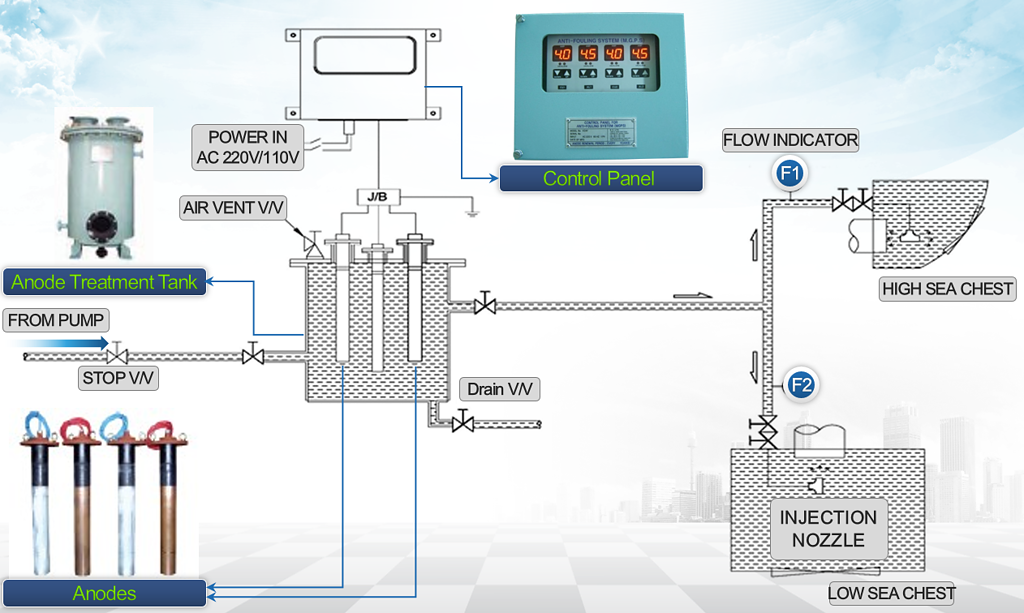
The anode aluminum rod ionizes aluminum ions, which are hydrolyzed to form aluminum hydroxide, which is attached to the pipe wall in the form of “flocs” to form a protective film of oxide layer. This protective film can not only prevent the growth of marine organisms, but also reduce the corrosion of the pipe wall.
MGPS Anode Type
MGPS anodes are typically made from materials such as copper, aluminum, and iron (Fe), each of which offers unique advantages depending on the application:
Copper anode
Copper anode is one of the most commonly used anode types in MGPS systems. Its main feature is that it can release copper ions that are toxic to marine life and effectively prevent the attachment of marine life. Copper ions can interfere with the enzyme system, respiration and nervous system of marine life, making it difficult for marine life to survive and reproduce on the metal surface. Copper anode has good conductivity and corrosion resistance, and can work stably for a long time in seawater.
Size: Standard sizes include diameters of 3.5″, 4″ and 5″, and lengths ranging from 12″ to 36″. At the same time, various special sizes of copper anodes can also be customized according to the needs of different ships and seawater systems.
Application scenarios: Seawater cooling systems, seawater pipelines, subsea valve boxes, etc. of various ships, as well as seawater-related systems of offshore oil platforms, marine engineering facilities, etc., have a significant effect on preventing marine organisms from attaching to these key parts.
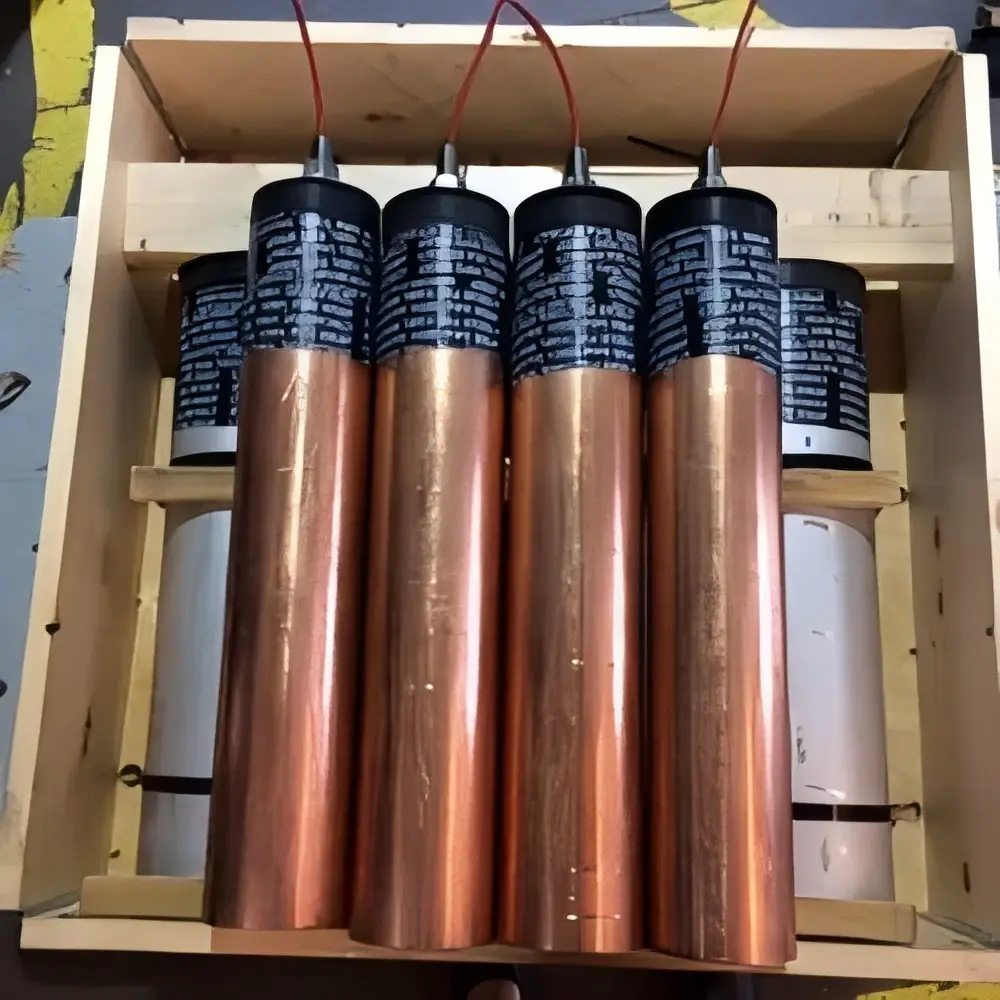
In addition to having certain anti-marine biological functions, aluminum anode can also react chemically in seawater to produce aluminum hydroxide. Aluminum hydroxide adheres to the metal surface in the form of flocs to form a protective film, which can not only prevent the attachment of marine organisms, but also play a certain anti-corrosion role. The density of aluminum anode is relatively low, the weight is light, and it is easy to install and maintain.
Working principle: In the MGPS system, aluminum anodes are used in conjunction with copper anodes. The aluminum hydroxide produced by the aluminum anode can be used as a flocculant to help disperse and evenly distribute copper ions in seawater, thereby enhancing the anti-marine biological effect. At the same time, the protective film formed by aluminum hydroxide can reduce the direct contact between the metal surface and seawater and reduce the corrosion rate.
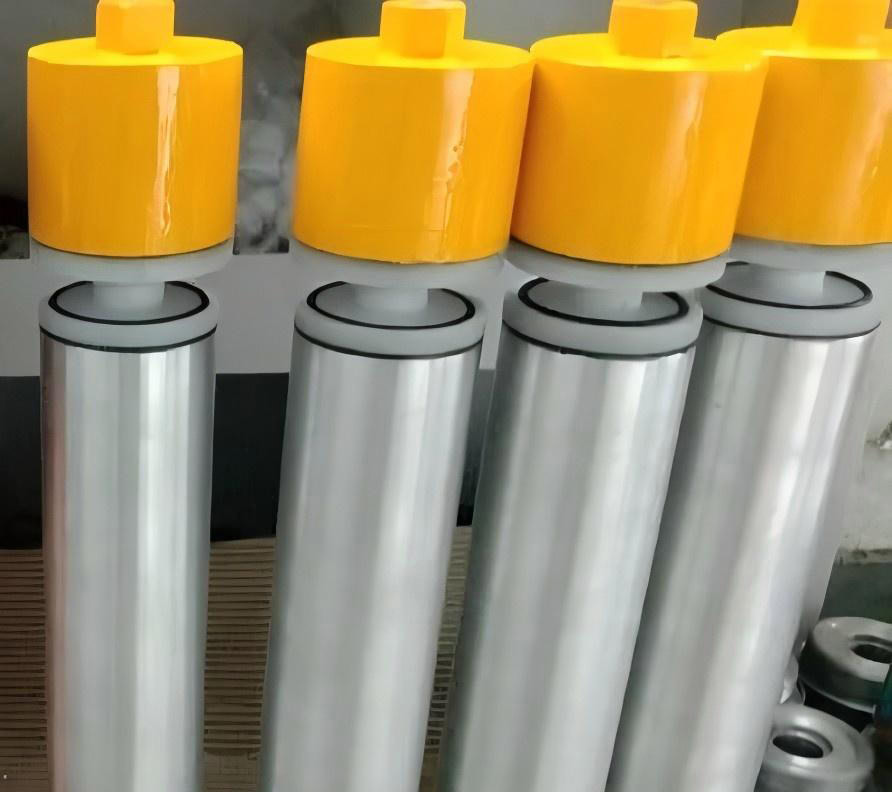
Scope of application: Applicable to the seawater pipeline system of ships, especially for preventing the corrosion of seawater pipelines made of steel. In some marine environments with high anti-corrosion requirements, the combination of aluminum anode and copper anode can provide more comprehensive protection.
Iron (ferrous) anode
Iron anode is mainly used to protect copper-nickel alloy pipes and is commonly found on special ships such as naval vessels. Iron anodes release ferrous ions in seawater, which can react with dissolved oxygen in seawater to form a dense oxide film on the inner surface of the pipe, thereby inhibiting the corrosion of the pipe. The price of iron anode is relatively affordable.
Application advantages: For copper-nickel alloy pipes, iron anodes can provide targeted protection, maintain the stability of the oxide film on the inner surface of the pipe, and extend the service life of the pipe. In places such as naval ships where equipment reliability and safety are extremely high, the stability and protective effect of iron anodes have been fully recognized.
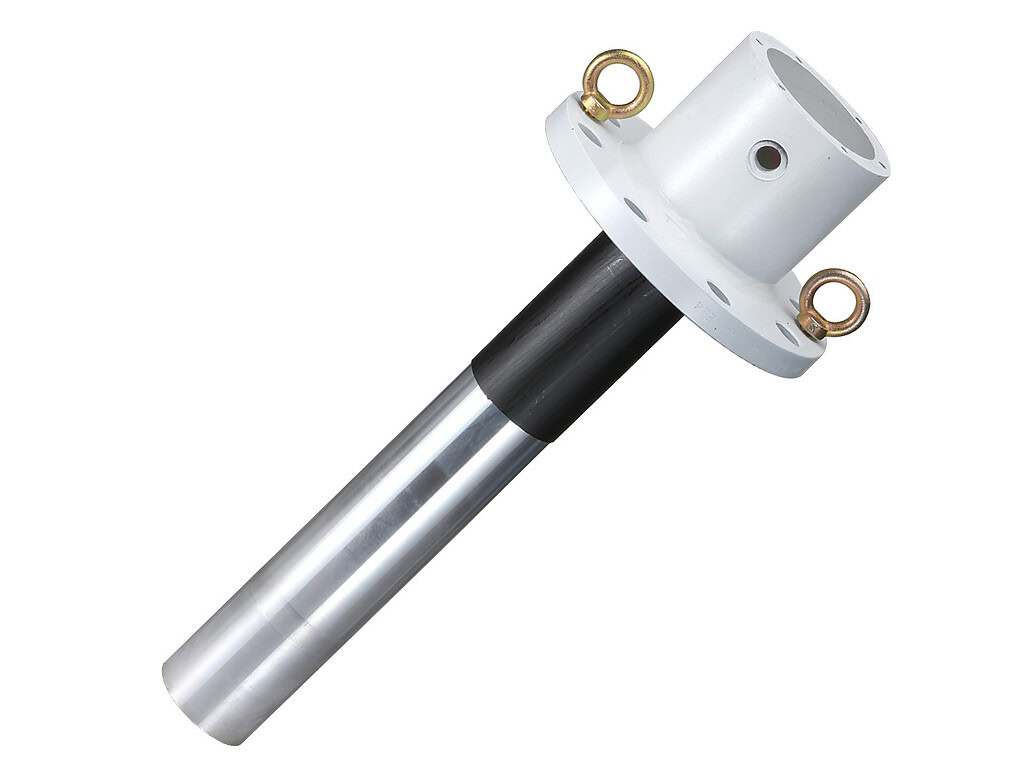
Precautions for use: When using iron anodes, it is necessary to pay attention to their consumption rate and the concentration of output ions, and regularly check the status of the anode to ensure that it can continue to play an effective protective role. At the same time, avoid improper galvanic corrosion between iron anodes and other metal anodes.
Dual-purpose anodes - Spirax
Dual-purpose anodes – Spirax adopt a single component design that integrates anti-marine and anti-corrosion functions. This design is particularly suitable for occasions where space is limited and only one multifunctional anode can be installed, such as in filters, or when the pipe is made of materials such as PVC or CPVC and there is no natural cathode available.
Function realization: Through special material formulation and structural design, it can release anti-marine organism ions while also producing anti-corrosion substances, providing dual protection for the equipment. For example, the material inside reacts in seawater, on the one hand releasing ions that inhibit the growth of marine organisms, and on the other hand generating compounds with anti-corrosion properties, which adhere to the metal surface to form a protective film.
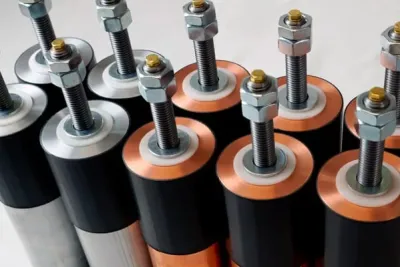
Application case: In some small ships or special marine engineering facilities, due to space limitations, it is impossible to install multiple independent anodes, and the dual-purpose anode – Spirax has become an ideal choice. It can meet the dual needs of anti-marine organisms and anti-corrosion in a limited space, ensuring the normal operation of the equipment.
MGPS Anodes VS. ICCP Anodes
MGPS (Marine Fouling Prevention System) anodes and ICCP (Instrumented Current Cathodic Protection) anodes are key components in the marine industry, each with a specific function. While both anodes are used to protect marine structures, they differ in their primary goals, working principles, and uses. Below is a comprehensive comparison of the two systems:
| Comparison Items | MGPS Anode | ICCP Anode |
| Full Name | Marine Growth Prevention System Anode | Impressed Current Cathodic Protection Anode |
| Core Function | Releases metal ions (such as Cu²⁺, Al³⁺) to inhibit marine biofouling and form an anti – corrosion film | Applies current through an external power source to lower the potential of the protected structure and prevent electrochemical corrosion |
| Working Principle | Electrochemical electrolysis releases ions to disrupt biological metabolism and form a physical isolation film | Driven by an external power source, the current makes the protected structure a cathode, and the anode materials (such as MMO – coated titanium) act as electron donors |
| Materials | Copper, aluminum, copper – aluminum composites, or customized alloys (such as zinc – based) | Noble metal oxides (MMO, such as titanium – based coatings), high – silicon cast iron, graphite, etc. |
| Application Scenarios | Seawater pipelines of ships, heat exchangers, aquaculture cages, anti – fouling and anti – corrosion of port facilities | Overall anti – corrosion of large – scale metal equipment such as ship hulls, submarine pipelines, bridges, reinforced concrete structures, and storage tanks |
| Current Control | Usually cooperates with a potentiostat to adjust the current output to control the ion release amount | Relies on an external power source (such as a rectifier) and requires precise regulation of current density to maintain the protection potential |
| Environmental Friendliness | The release of copper ions may have an impact on the local ecology, but it is more controllable compared to traditional chemical antifouling agents | No metal ion release, with higher environmental friendliness (for example, MMO anodes hardly consume) |
| Service Life | 3 – 5 years (depending on water quality and current density) | 20 – 50 years (such as MMO anodes) |
| Maintenance Requirements | Regularly clean the biofilm on the surface and check the anode consumption | Continuously monitor the potential and current, and replace the failed anode materials (such as high – silicon cast iron) |
| Cost | Lower initial cost, but the anode needs to be replaced frequently | Higher initial investment (including power equipment), with low long – term maintenance costs |
| Collaborative Technologies | Often combined with coating systems to enhance anti – fouling effects | Requires the combination of cathode materials (such as steel) and reference electrodes to form a complete protection circuit |
| Typical Failure Modes | The anode material is completely consumed, and surface fouling hinders ion release | Anode coating peeling, wire breakage, or power failure |
Custom Manufacturing MGPS Anode Services
Wstitanium will continue to innovate and develop in the field of MGPS anode manufacturing. Through material innovation, technological improvement, expansion of application areas, strengthening international cooperation and standard setting, it will continue to improve the performance and service quality of MGPS anodes and provide customized manufacturing solutions for the global marine industry.
Pretreatment of Raw Materials
Cleaning: Before manufacturing MGPS anodes, Wstitanium will strictly clean and remove impurities from the raw materials. For metal raw materials such as copper and aluminum, a combination of chemical cleaning and physical cleaning will be used to remove oil, oxides and other impurities on the surface. For example, a specific chemical cleaning agent is used to remove oil from the metal surface, and then ultrasonic cleaning is used to further remove tiny impurity particles to ensure the cleanliness of the raw material surface. This step is crucial to ensure the performance of the anode, because surface impurities may affect the electrochemical reaction of the anode in seawater and reduce its anti-biological adhesion and anti-corrosion effects.
Surface activation: In order to improve the bonding performance of the anode material with subsequent machining, Wstitanium will perform surface activation treatment on the raw materials. Through plasma treatment or chemical etching, microscopic rough structures or active sites are formed on the surface of the raw materials to increase the activity of the material surface. This can make the subsequent coating or alloying treatment more solid and improve the overall performance of the anode. For example, in the manufacturing process of copper anodes, after surface activation treatment, the release of copper ions is more uniform and stable, which enhances the anti-biological adhesion effect.
Machining
Casting: Casting is one of the common processes for MGPS anode forming. Wstitanium uses advanced technology and equipment in the casting process to ensure the dimensional accuracy and internal quality of the anode. According to the requirements of different types of anodes, select the appropriate casting method, such as sand casting, metal mold casting or investment casting. During the casting process, strictly control the parameters such as casting temperature, pouring speed and cooling speed to avoid defects such as pores and shrinkage. For example, when manufacturing large copper anodes, sand casting is used, and by optimizing the pouring system and cooling method, the internal structure of the anode is ensured to be uniform and without obvious defects, thereby improving the strength and corrosion resistance of the anode.
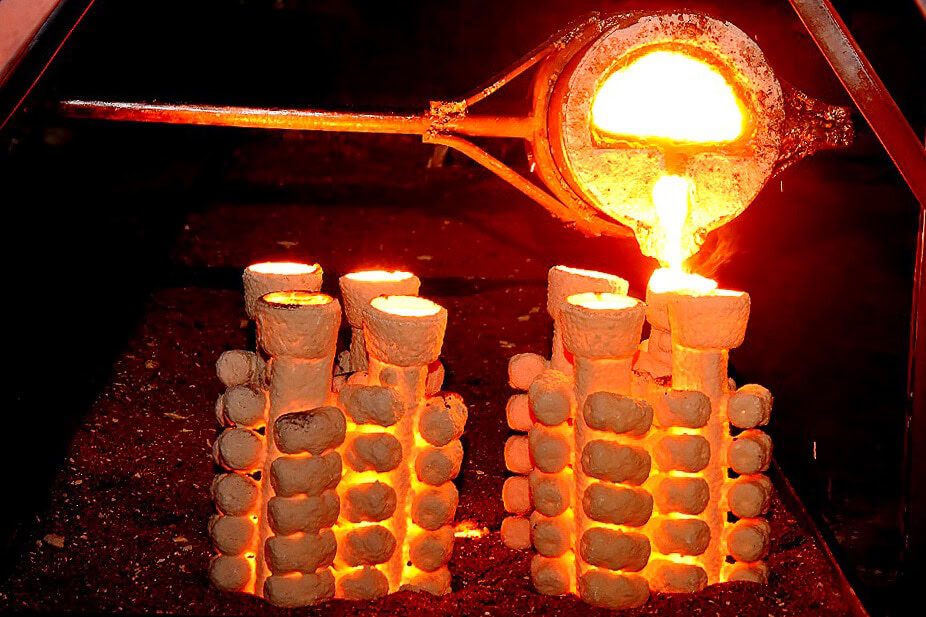
CNC Machining: For some anodes that require high-precision dimensions, Wstitanium will use turning, milling, drilling and other manufacturing methods to accurately process the cast anode to ensure that its dimensions meet the design requirements. During the machining process, high-precision machine tools and advanced machining tools are used to strictly control the machining accuracy and surface roughness. For example, when processing the mounting holes and connection parts of the anode, ensure that the dimensional accuracy is within ±0.01mm and the surface roughness is below Ra0.8 to ensure the stability and reliability of the anode during installation and use.
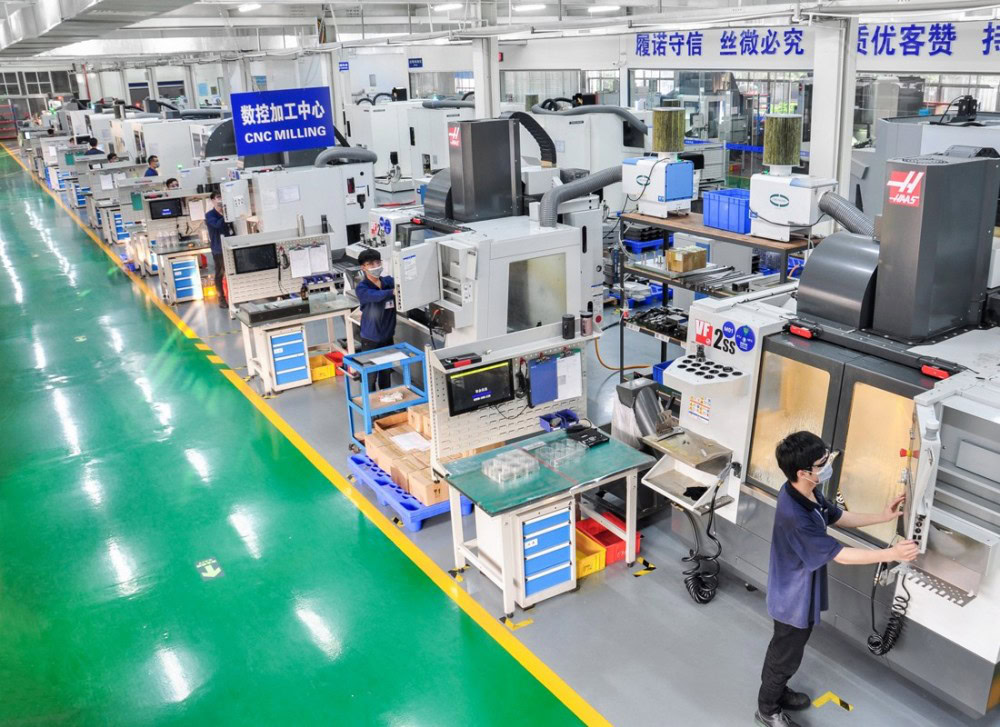
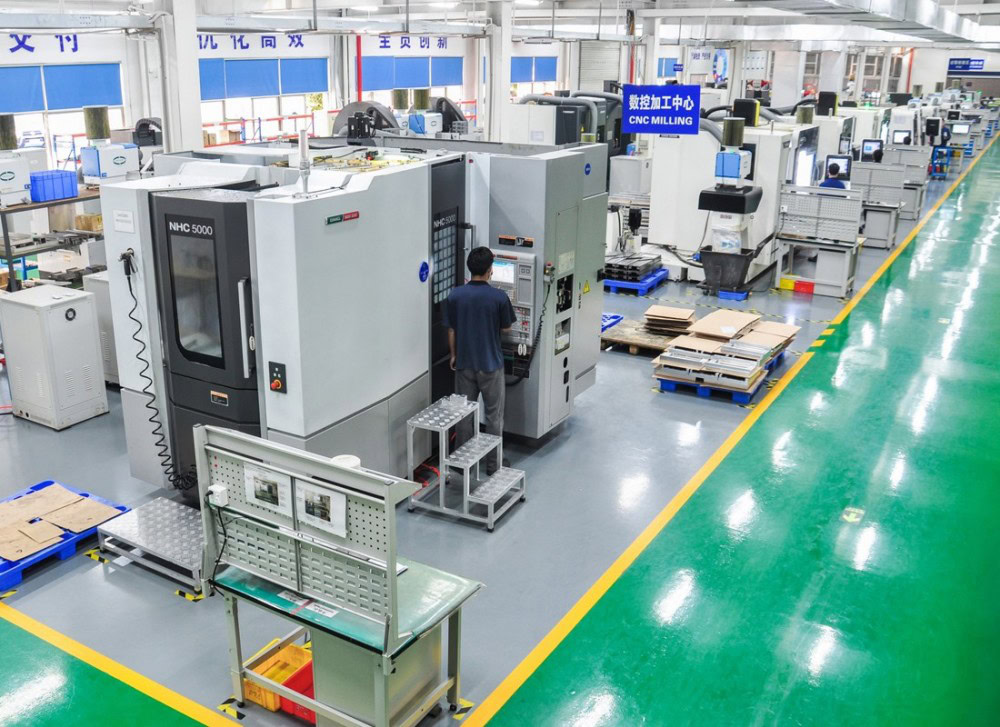
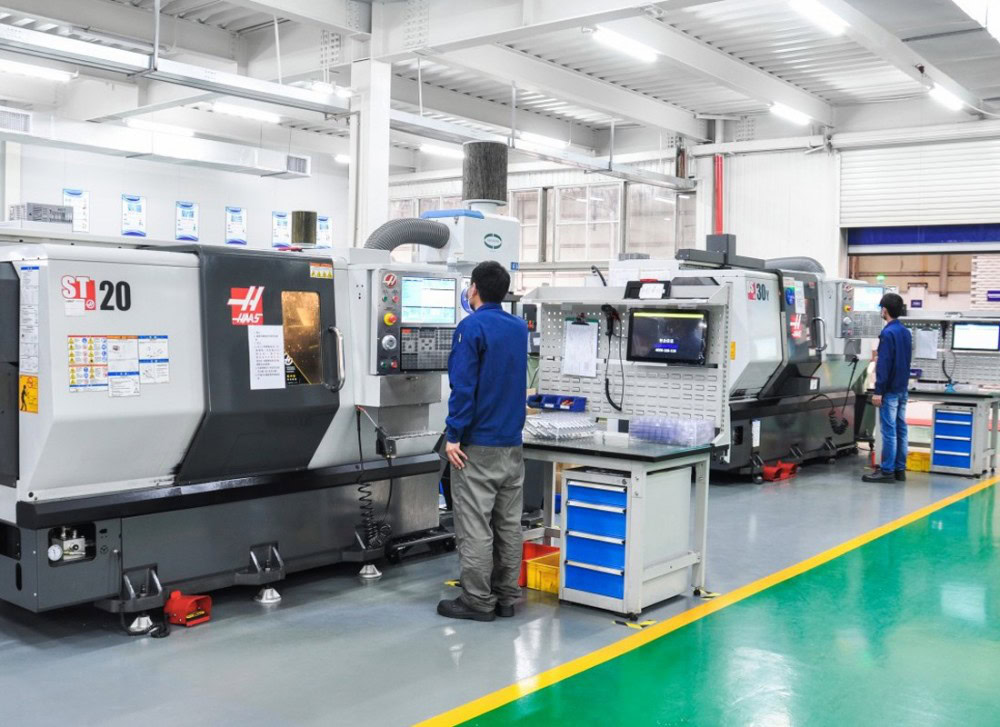
Coating and surface treatment: In order to further improve the corrosion resistance of the MGPS anode, Wstitanium will apply a layer of anti-corrosion coating on the surface of the anode. According to different application environments and requirements, select suitable coating materials, such as organic coatings, metal coatings or ceramic coatings. For example, in areas with strong seawater corrosion, ceramic coatings with excellent corrosion resistance will be used. Ceramic coatings have the characteristics of high hardness and good chemical stability, which can effectively isolate the contact between the anode and seawater and slow down the corrosion rate of the anode. During the coating process, strictly control the thickness and uniformity of the coating to ensure that the coating can fully play its anti-corrosion role.
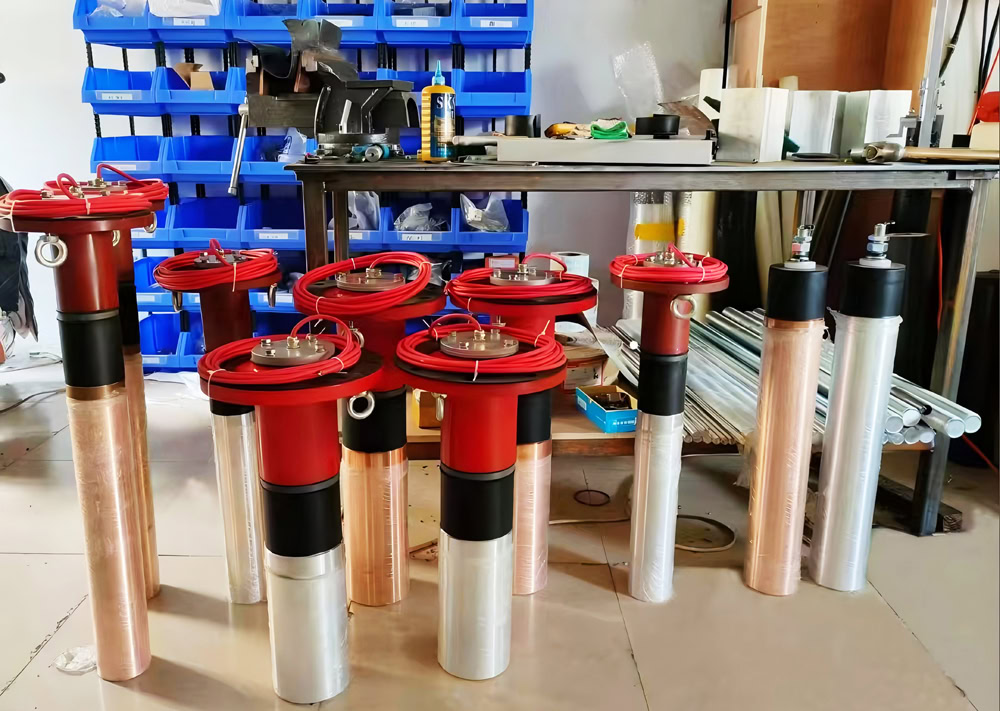
In addition to the anti-corrosion coating, Wstitanium will also perform other surface treatment processes on the anode, such as passivation treatment, oxidation treatment, etc. Passivation treatment can form a passivation film on the surface of the anode to improve the chemical stability of the anode; oxidation treatment can change the organizational structure of the anode surface and enhance its bonding with the coating. For example, after oxidation treatment on the surface of the aluminum anode, the aluminum oxide film formed not only has certain anti-corrosion properties, but also improves the adhesion of the coating on the surface of the aluminum anode, making the coating more solid and extending the service life of the anode.
Quality Inspection
Wstitanium has established a complete set of standardized manufacturing processes, from raw material procurement, machining to inspection, each link has clear operating specifications and quality standards. The chemical composition, physical properties, etc. of the raw materials are strictly tested to ensure that the raw materials meet the requirements. During the manufacturing process, operators operate according to the standardized process flow to ensure the quality consistency of each product. For example, in the casting process of the anode, specific parameters such as casting temperature, pouring speed and cooling time are specified, and operators must strictly abide by them to ensure the stability of the quality of the anode.
Physical performance inspection
Wstitanium uses advanced testing equipment and methods to test the physical properties of MGPS anodes. The strength, hardness and other mechanical properties of the anode are tested by a universal material testing machine to ensure that the anode can withstand certain external forces without deformation or damage during use. Use a densitometer to detect the density of the anode material to determine whether it meets the design requirements. For example, for copper anodes, by testing its density, it can be determined whether the purity of copper meets the standard, because the presence of impurities will affect the density of copper.
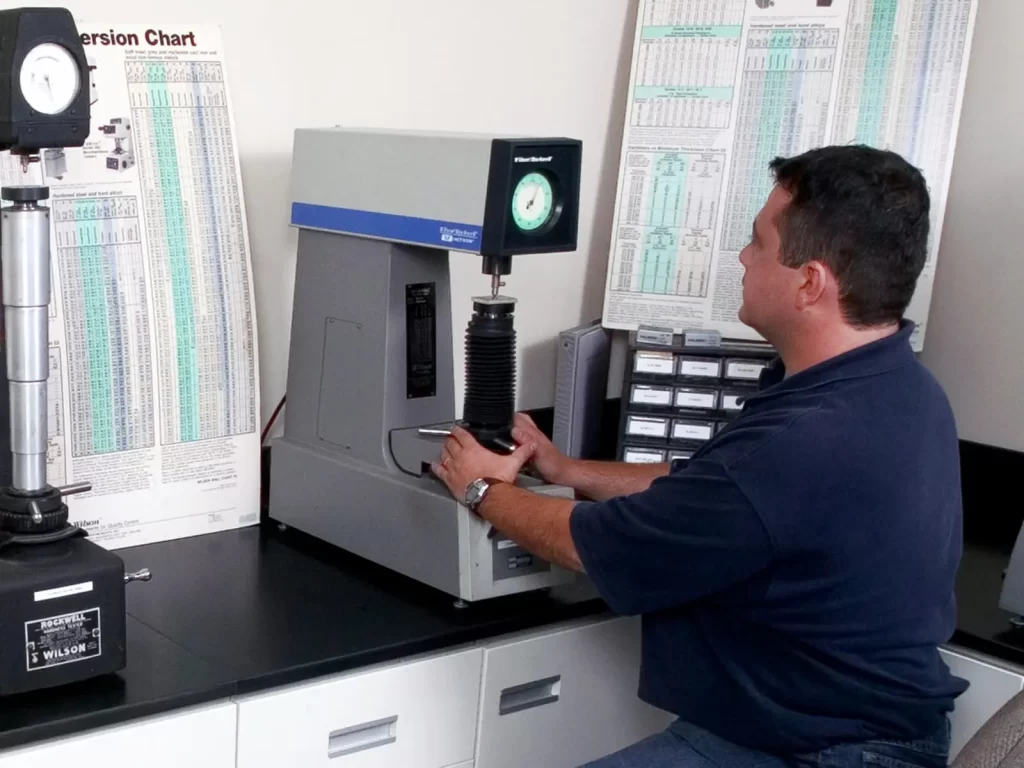
Chemical composition analysis
Chemical composition analysis is an important part of ensuring the quality of anodes. Wstitanium uses advanced equipment such as spectrometers and mass spectrometers to accurately analyze the chemical composition of anode materials. Through chemical composition analysis, the content of various elements in the anode material can be determined to determine whether it meets the standard requirements. For example, for aluminum anodes, the content of elements such as aluminum, magnesium, and zinc needs to be tested to ensure the stability of the anode performance. At the same time, chemical composition analysis can also detect whether there are harmful impurities in the raw materials, such as lead and mercury, to avoid these impurities from causing adverse effects on anode performance and the marine environment.
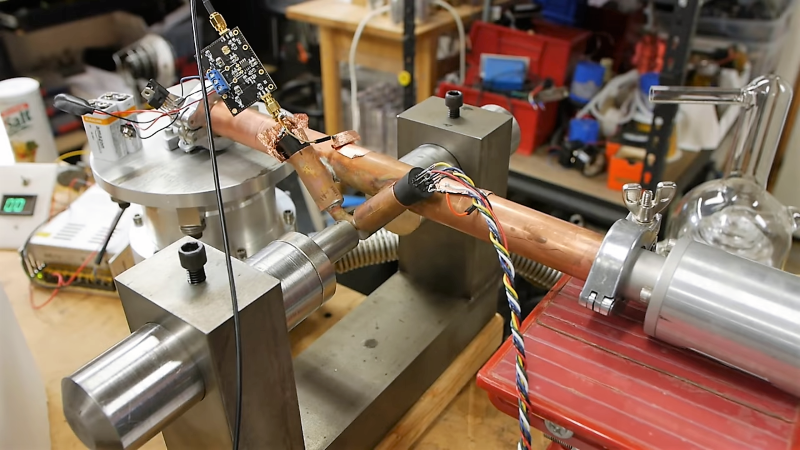
Electrochemical performance
The electrochemical performance of the MGPS anode is directly related to its anti-biological attachment and anti-corrosion effects, so Wstitanium attaches great importance to electrochemical performance testing. Electrochemical parameters such as the potential, current density, and polarization curve of the anode are tested using electrochemical workstations and other equipment to evaluate the electrochemical reaction performance of the anode in seawater. For example, by testing the polarization curve of the anode, the corrosion behavior and corrosion rate of the anode in seawater can be understood, providing a basis for optimizing the performance of the anode. At the same time, electrochemical performance tests are performed to simulate different marine environmental conditions, such as seawater temperature, salinity, pH, etc., to ensure that the anode can work normally in various practical application environments.
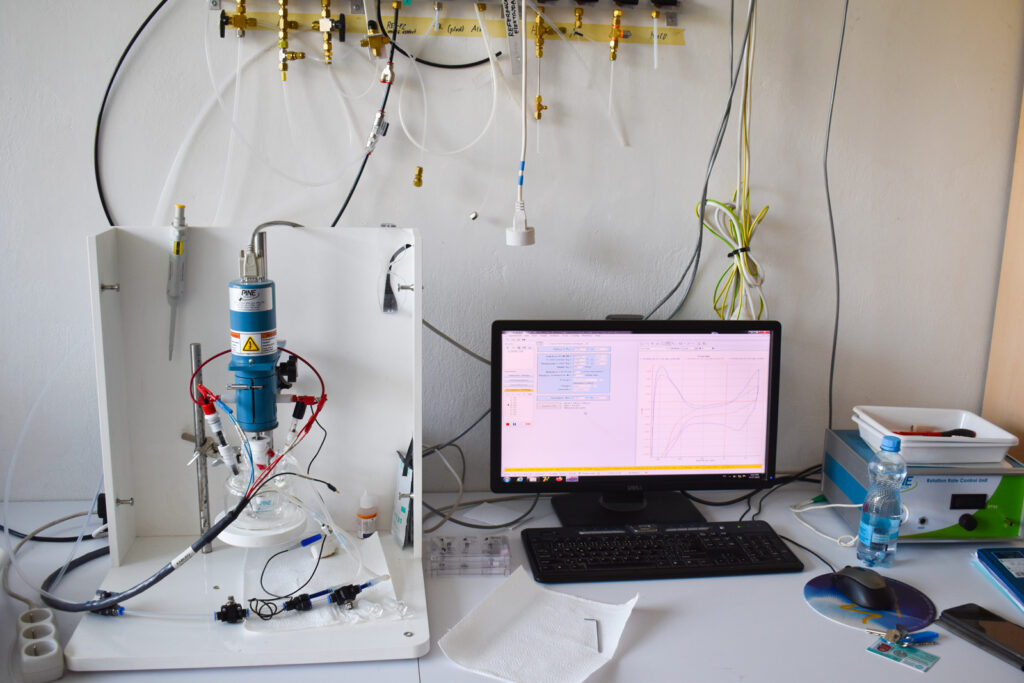
MGPS Anode Application
Marine biofouling has always been a problem that plagues ships, offshore platforms and various marine facilities. Marine organisms attach and grow on the surface of these facilities, which not only increases navigation resistance and energy consumption, but may also cause equipment corrosion and pipeline blockage, seriously affecting the normal operation and service life of the facilities. MGPS (Marine Growth Prevention System) anodes, as a key technology for the prevention and control of marine biofouling, play an indispensable role in protecting marine facilities, reducing operating costs and maintaining the balance of marine ecology.
Large Merchant Ships
On large merchant ships, MGPS anodes are usually installed in key parts such as seawater cooling systems, seabed valve boxes and seawater pipelines. These parts are crucial to the normal operation of ships. Once blocked or corroded by marine organisms, they will affect the normal operation of the ship’s power system, cooling system, etc. By installing MGPS anodes, the attachment of marine organisms is effectively prevented, the smooth flow of the seawater system is guaranteed, and the maintenance cost and failure rate of equipment are reduced.
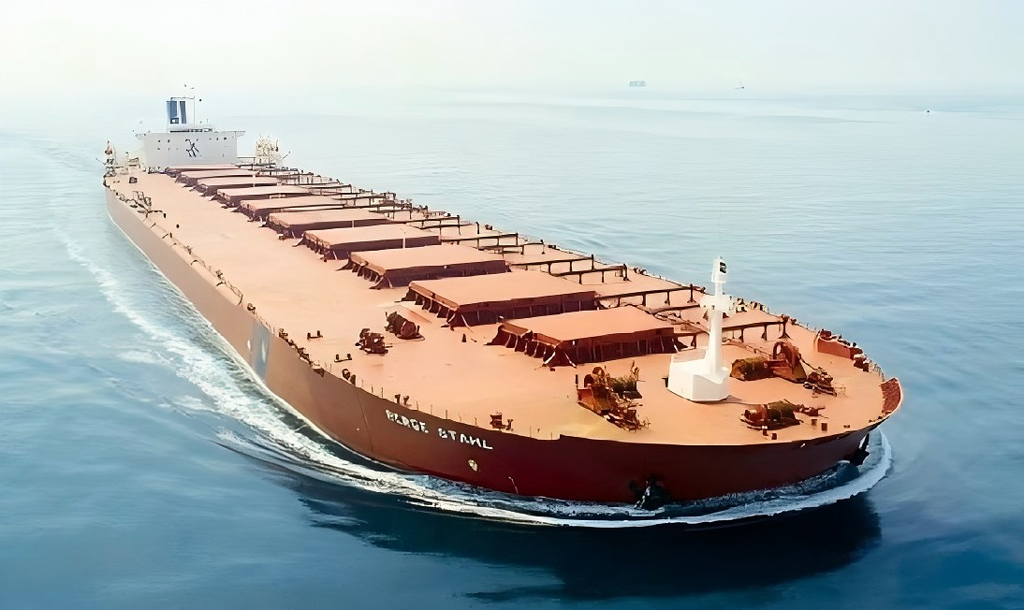
Navy Warships
Navy ships have extremely high requirements for the reliability and safety of equipment. Their seawater systems must not only prevent the attachment of marine organisms, but also have good anti-corrosion properties to ensure long-term stable operation in complex marine environments. Therefore, naval ships usually use a combination of multiple anodes, such as copper anodes, aluminum anodes and iron anodes, to meet the needs of different parts and different functions. For example, iron anodes are used to protect copper-nickel alloy pipes; copper anodes and aluminum anodes are used to prevent the attachment of marine organisms and general corrosion protection.
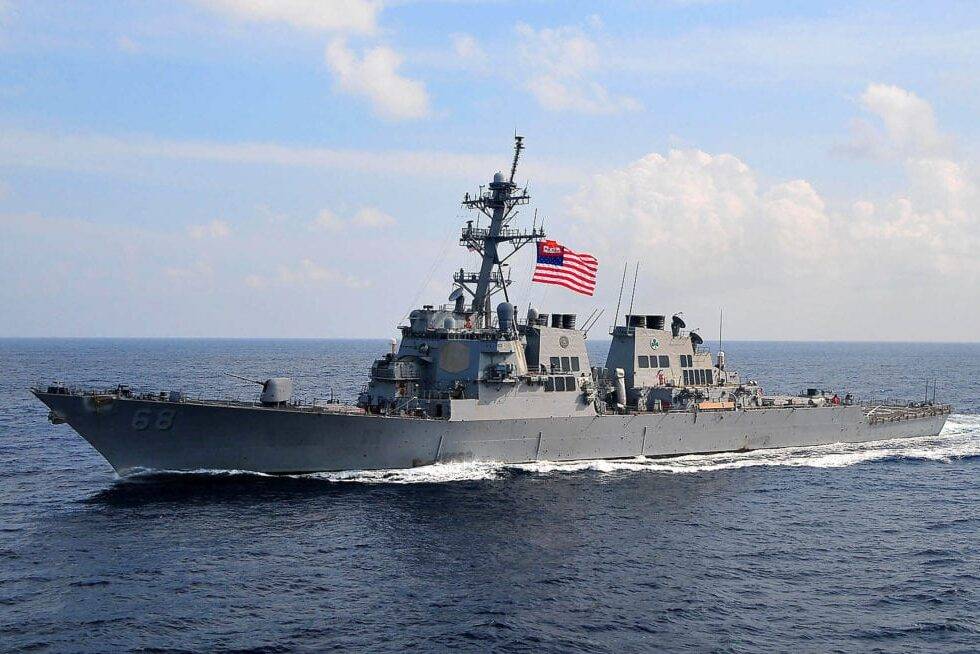
This combination of multiple anodes provides comprehensive protection for the seawater system of naval ships. In actual application, during the long-term navigation and berthing process of naval ships, the seawater system always maintains a good operating state, and there is no equipment failure caused by marine organism attachment or corrosion. This fully demonstrates the advantages of MGPS anodes in the application of naval ships.
Offshore Oil Platform
The seawater system of offshore oil platforms is complex, involving a large number of seawater pumping, processing and cooling equipment. These equipment are exposed to seawater for a long time and are susceptible to marine organism attachment and corrosion. Moreover, the operating environment of offshore oil platforms is harsh, and it is difficult to maintain and replace equipment, so the requirements for anti-marine organism and anti-corrosion measures are higher.
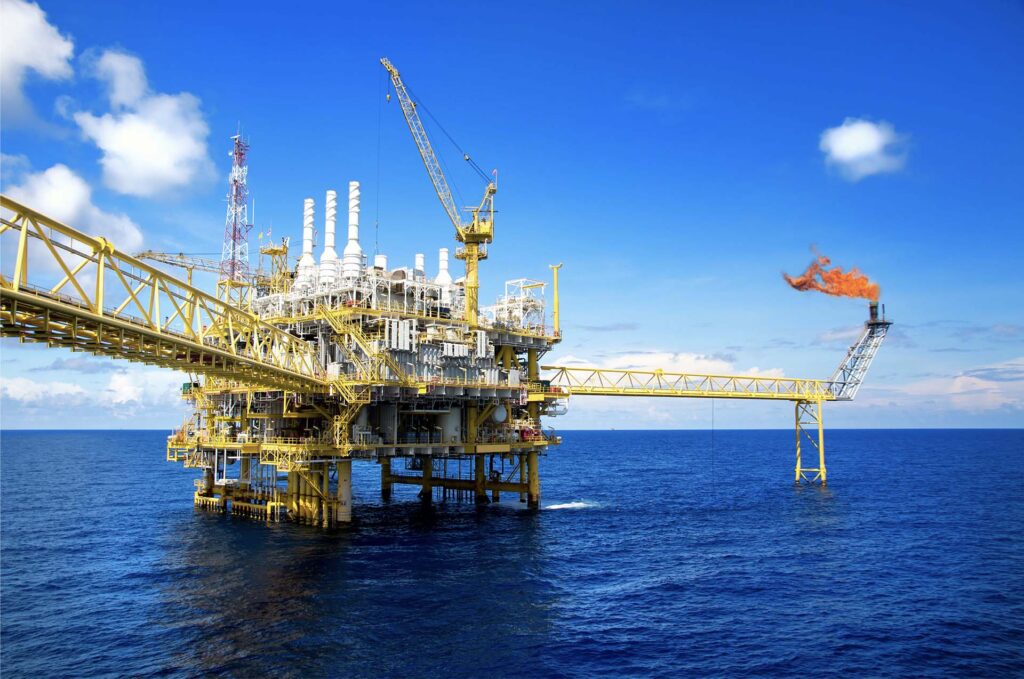
On offshore oil platforms, MGPS anodes are widely used in key parts such as seawater cooling systems and seawater injection systems. By reasonably selecting anode types and installation locations, as well as regular maintenance and monitoring, the problems of marine organism attachment and corrosion are effectively solved. For example, in the seawater cooling system of an offshore oil platform, a customized large-size copper anode and aluminum anode combination was installed. After years of operation, the system has been running stably and the failure rate of the equipment has been significantly reduced.